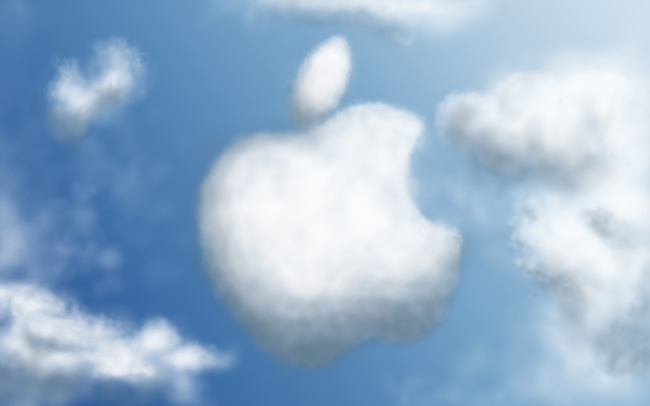
Apple has yet to formally announce its planned cloud-based music service, but it’s really just a rumor in name only at this point. Amazon and Google are both up and running, to varying degrees, with competing offerings. Cupertino’s been silent on this front simply because of a reported push to ensure that deals are struck with the major record labels before there’s any kind of launch. EMI, Sony and Warner Music are all on board, and Universal is said to be not far behind. Of course, just because nothing is official doesn’t mean people in the know haven’t been talking. They have, and Bloomberg Businessweek has some insider-sourced details on what’s planned.
The so-called iCloud service will apparently scan each user’s music library in iTunes and then create a cloud-sourced mirror of it with any songs ever having to be uploaded directly, three sources “briefed on [Apple’s] talks” confirm. Any tracks with sub-par sound quality will automatically be replaced with a high quality version. Once the cloud-based library is built, you’ll be able to stream the content to your computer or iOS device.
Interestingly, it sounds like the iCloud library scan won’t differentiate between officially purchased iTunes Store content and music that comes from other sources, whether it’s a ripped CD or an illegal download. This will reportedly be possible because of the deals Apple is signing with record labels and the rumored plans for how iCloud will earn money.
It is believed that the service will be tacked onto Apple’s existing MobileMe offering, currently a $99 per year subscription service that simplifies the process of syncing things like e-mails and contacts across multiple devices. Reports earlier this year suggested that Apple may be moving to offer MobileMe for free, but tacking on iCloud music syncing would add value to the offering while allowing record companies to earn some revenue off of content that may in fact be pirated.
While it certainly won’t squash the piracy bug that continues to elude pretty much any industry that trades in digital content, it’s an undeniably elegant solution for sending some revenue in the direction of frustrated record labels. That said, streaming music from the cloud, no matter which company said cloud belongs to, raises questions as wireless providers increasingly move toward monthly data caps.
If the bulk of your music listening is suddenly being streamed in from a remote source, what might that do to your data limits? It’s certainly a factor that needs to be considered as the major online tech companies position themselves to do battle in this evolving marketplace.
Editors' Recommendations
- How to install iTunes on Chromebook in 2022
- Which iCloud+ or Apple One subscription is right for you?
- How to transfer music from an iPod to a computer
- The best iTunes alternatives for Mac
- How to import music without iTunes in MacOS Catalina


